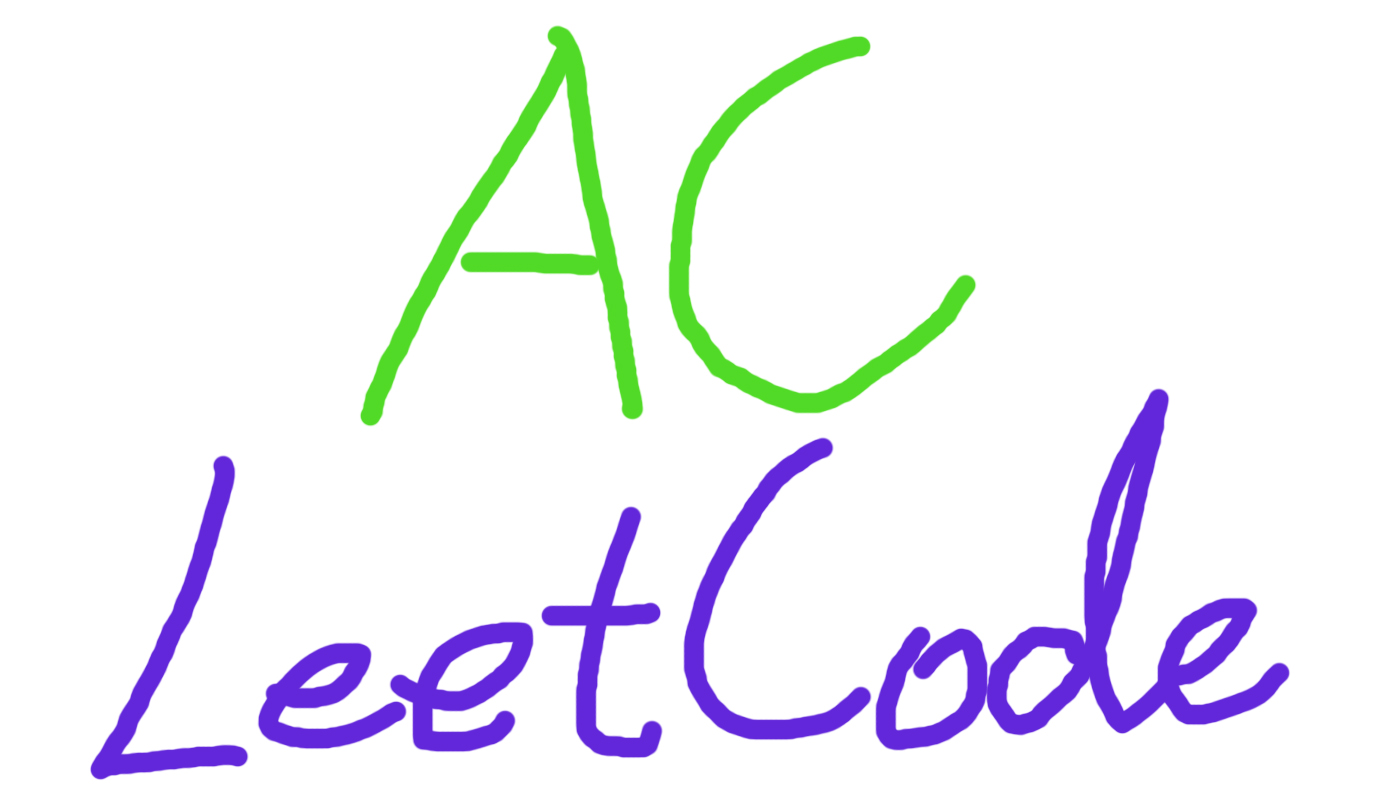
Description
Given a non-empty string s and a dictionary wordDict containing a list of non-empty words, determine if s can be segmented into a space-separated sequence of one or more dictionary words.
Note:
- The same word in the dictionary may be reused multiple times in the segmentation.
- You may assume the dictionary does not contain duplicate words.
Example
Example 1:1
2
3Input: s = "leetcode", wordDict = ["leet", "code"]
Output: true
Explanation: Return true because "leetcode" can be segmented as "leet code".
Example 2:1
2
3
4Input: s = "applepenapple", wordDict = ["apple", "pen"]
Output: true
Explanation: Return true because "applepenapple" can be segmented as "apple pen apple".
Note that you are allowed to reuse a dictionary word.
Example 3:1
2Input: s = "catsandog", wordDict = ["cats", "dog", "sand", "and", "cat"]
Output: false
Solution
1 | public class Solution { |
memorizal DFS, O(n!)1
2
3
4
5
6
7
8
9
10
11
12
13
14
15
16
17
18
19
20
21
22
23class Solution {
public boolean wordBreak(String s, List<String> wordDict) {
HashSet<String> set = new HashSet<>();
HashSet<String> memory = new HashSet<>();
for (String st: wordDict){
set.add(st);
}
return helper(s, set, memory);
}
private boolean helper(String s, HashSet<String> set, HashSet<String> memory){
// System.out.println(s);
if (set.contains(s)) return true;
for (int i = 1; i < s.length(); i++){
String tmp = s.substring(0, i);
String rest = s.substring(i, s.length());
if (set.contains(tmp) && !memory.contains(rest))
if (helper(rest, set, memory)) return true;
else memory.add(rest);
}
return false;
}
}